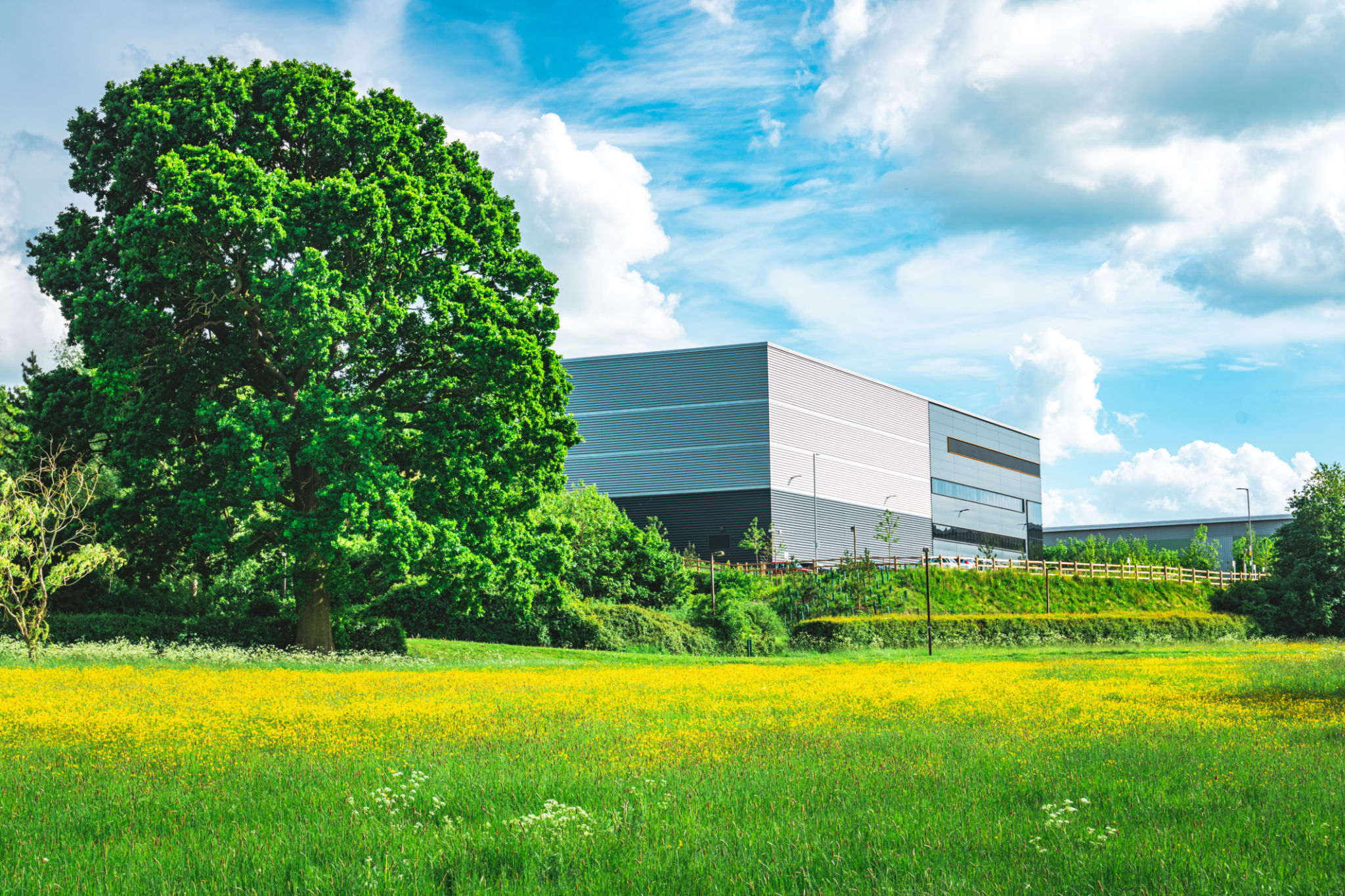The Future of Logistics: Trends Impacting Greater Manchester
RS
Introduction to the Evolving Logistics Landscape
As the world continues to evolve, so does the logistics industry, with Greater Manchester at the forefront of these changes. Known for its rich industrial history, the region is now embracing cutting-edge innovations and trends that promise to reshape logistics operations. This transformation is crucial for meeting the growing demands of businesses and consumers alike.
Several key trends are influencing this sector, from technological advancements to sustainability initiatives. In this blog post, we'll explore how these trends are shaping the future of logistics in Greater Manchester.

Technological Advancements Driving Efficiency
Technology is revolutionizing the logistics industry by enhancing efficiency and accuracy in operations. One significant advancement is the integration of automation and robotics. Warehouses equipped with automated systems can manage inventory more effectively, reducing human error and speeding up processes.
Another breakthrough is the use of Artificial Intelligence (AI) and Machine Learning (ML) to optimize supply chain management. These technologies enable predictive analytics, allowing companies to anticipate demand and streamline their logistics strategies accordingly.

The Role of the Internet of Things (IoT)
The Internet of Things (IoT) is transforming logistics by providing real-time data and insights. With IoT devices, companies in Greater Manchester can track shipments, monitor vehicle performance, and ensure timely deliveries. This connectivity improves transparency and allows for better decision-making throughout the supply chain.
Sustainability in Logistics
Sustainability is becoming a significant focus for the logistics industry. Companies are under increasing pressure to reduce their carbon footprint and adopt eco-friendly practices. In Greater Manchester, this translates into initiatives such as the use of electric vehicles for transportation and investing in energy-efficient warehouses.
Moreover, businesses are looking at ways to minimize waste through recycling and reusing materials, further contributing to a greener logistics ecosystem.

The Impact of Urbanization
Urbanization presents both challenges and opportunities for logistics in Greater Manchester. As cities expand, there is a growing need for efficient logistics solutions to manage increased demand. This includes developing smarter urban delivery systems and creating strategic distribution hubs within city limits.
To address these challenges, companies are exploring innovative options such as last-mile delivery solutions that leverage bikes or drones to navigate congested urban areas more effectively.
The Rise of E-commerce and Omnichannel Logistics
The rapid growth of e-commerce has necessitated a shift towards omnichannel logistics. Consumers expect seamless experiences across all platforms, whether they are shopping online or in-store. Logistics providers in Greater Manchester are adapting by integrating their systems to support a cohesive customer journey.

This trend also emphasizes the importance of flexible supply chain networks that can handle fluctuations in consumer demand, ensuring prompt delivery and customer satisfaction.
Conclusion: Preparing for the Future
In conclusion, the future of logistics in Greater Manchester is shaped by technological innovation, sustainability efforts, urbanization challenges, and evolving consumer expectations. By staying ahead of these trends, companies can position themselves as leaders in this dynamic industry.
As we look forward, businesses must continue to adapt and invest in new solutions that drive efficiency and sustainability, ensuring they meet the demands of tomorrow's logistics landscape.
